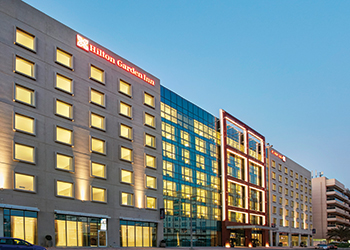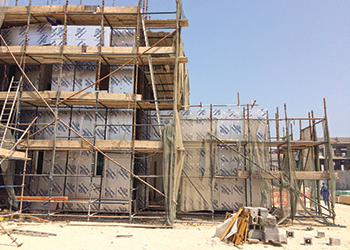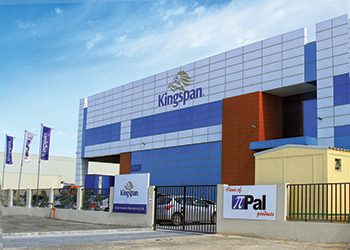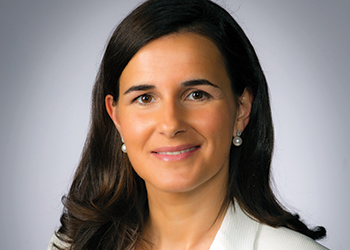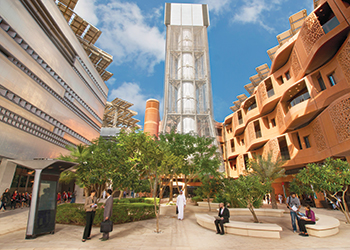
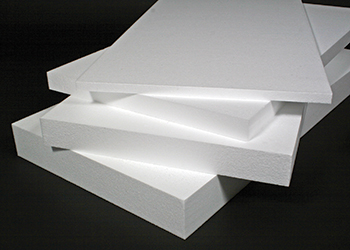 Orifoam helps create energy-efficient buildings, says Reddy (below).
Orifoam helps create energy-efficient buildings, says Reddy (below).
Unigulf Development, a Dubai-based distributor of Oriform expanded polystyrene (EPS), is promoting the product as “a perfect green building material with many benefits”.
Oriform EPS is used as thermal and acoustic insulation for roofs, cavity walls, floors and perimeter insulation in buildings while extruded polystyrene (XPS) boards can also be used as insulation for wall cladding and void filling.
“At a time when governmental policies as well as developers are focusing on utilising more green building materials that leave a smaller footprint on the environment, Oriform helps in creating healthier and more energy-efficient homes and commercial buildings,” says Ravindra Reddy, assistant sales manager of Unigulf Development.
Orifoam is manufactured by Oriental Polystyrene Products, Oman. The expandable and expanded polystyrene is a rigid cellular plastic foam material derived from petroleum and natural gas byproducts. The spherical beads of resin are subjected to steam, which causes the thermoplastic polystyrene to soften and expand up to 40 times its original volume. Each small bead of polystyrene is fully sealed.
EPS is produced in a wide range of densities from 8 to 48 kg per cu m, providing a varying range of physical and mechanical properties. These are matched to the various applications where the material is used to optimise its performance and strength.
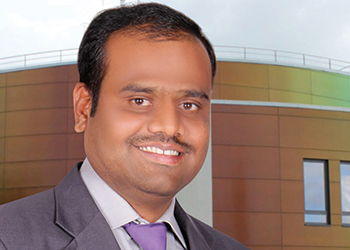 |
“EPS is a good example of the efficient use of natural resources; it is 95 per cent air,” says Reddy. “Its manufacturing and use does not generate any risk to health or to the environment, and the transformation process consumes little energy and does not generate waste. It also does not damage the ozone layer since it does not use CFCs (chlorofluorocarbons) or HCFCs (hydrochlorofluorocarbons) in the manufacturing process.
“EPS has a wide application temperature (from –110 deg to +110 deg C), and its use for thermal insulation in the construction industry contributes to significant savings on heating and cooling buildings resulting in a drastic reduction in the emission of polluting gases, such as carbon dioxide (CO²) and sulphur dioxide (SO²).”
“From a hygiene point of view,” he continues, “since the material is inert, unalterable and innocuous, it can come into direct contact with foodstuff whilst complying with health and safety standards and, therefore, is safe to use for packing foodstuff. In fact, EPS packaging protects products, helps reduce wastage and its lightweight nature helps to reduce fuel consumption.
“Furthermore, fungi and bacteria cannot easily grow on EPS. EPS makes up only a tiny part of municipal solid waste (0.1 per cent), and since it is not biodegradable, it does not contaminate the air or water with gases or hydro soluble substances.”
Other benefits of EPS are that it is easy to adapt to any product or any design and is 100 per cent recyclable.
Orifoam has been supplied to UAE projects including Sheikh Zayed housing project in Ajman and an upcoming school project in Abu Dhabi.
Unigulf was founded in 1986 in Dubai to meet the demands of the heating, ventilation, air-conditioning and refrigeration (HVACR) industry in this region by offering products at competitive prices. The ISO 9001:2008-certified company represents some of the most respected brands/manufacturers of HVAC products in the world.

















.jpg)













 (1).jpg)














































